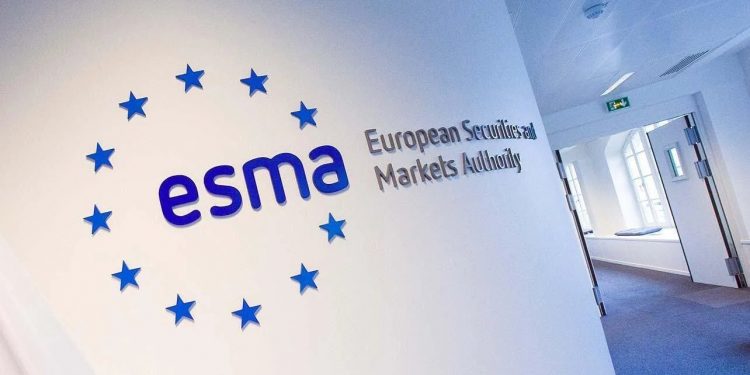Consultation Paper on European Green Bond Regulation
The European Securities and Markets Authority (ESMA) releases consultation paper on European Green Bond Regulation, aiming to collect opinions from market participants on green bond regulatory policies.
The Regulation on European Green Bonds (EuGB Regulation) was released in November last year and requires ESMA to publish Regulatory Technical Standards (RTS) and Implementing Technical Standards (ITS). ESMA plans to launch two consultations in the first quarter of 2024 and the first quarter of 2025. This consultation includes 4 RTS drafts and 1 ITS draft and will be submitted to the European Commission at the end of this year.
Related Post: International Capital Markets Association Releases Recommendations on EU Sustainable Finance Development
Senior Management and Analytical Resources
The first RTS of the consultation paper is on Senior Management and Analytical Resources, targeting institutions planning to become external reviewers of green bonds. ESMA believes that the management and supervision of external examiners should be undertaken by people with the necessary skills and background to ensure that financial institutions maintain sufficient objectivity and accuracy in green bond issuance, information disclosure and other activities.
ESMA will first assess the personal skills of senior management in green bonds and confirm that management can guide external reviews. At the same time, the number, experience, and level of the agency’s analysts need to meet the requirements for conducting external reviews. These individuals are required to provide details of their education, professional training and work experience and submit plans for ongoing training.

Sound and Prudent Management and Conflicts of Interest
The second RTS of the consultation paper is on Sound and Prudent Management and Conflicts of Interest. ESMA believes that corporate governance and internal control mechanisms are very important for the sound and prudent management of external auditors. Companies need to assess whether there is a conflict of interest in their business and identify, eliminate, or disclose it.
ESMA requires institutions to provide information on corporate governance, including the company’s organizational chart, the administrative and accounting procedures for the company’s business, and the processes for retaining information and system security. In terms of conflicts of interest, institutions need to provide a list of current and potential conflicts of interest and measures to mitigate conflicts of interest and distinguish which conflicts of interest need to be disclosed and which need to be eliminated.
Knowledge and Experience of Analysts
The third RTS of the consultation paper is about Knowledge and Experience of Analysts. Institutions need to ensure that their analysts have the knowledge and experience required to complete the business and are aligned with the analytical resources in the first RTS.
ESMA requires institutions to provide information such as analysts’ education background and work experience and pays attention to how to ensure business consistency between the institution’s internal analysts and third-party analysts.
Outsourcing of Assessment Activities
The fourth RTS of the consultation document is about Outsourcing of Assessment Activities. ESMA believes that when organizations outsource operations to third-party service providers, they need to ensure that these service providers can perform the work professionally and that they do not compromise the quality of the organization’s internal controls.
ESMA requires external auditors to assess whether third-party service providers have the professional capabilities to carry out their work and to set specific standards for service providers to ensure that the supervisory authority’s supervisory capabilities are not restricted. Evaluations of third-party service providers by external auditors should be conducted annually, with results approved by senior management.
Forms, Templates and Procedures for Registration
The first ITS consultation paper on Forms, Templates and Procedures for Registration. ESMA has adopted simple and consistent forms and templates to reduce applicants’ compliance costs and improve process efficiency.
Institutions need to provide their name, legal form, ownership structure, senior management information, analyst information, corporate governance arrangements, etc. when applying for registration. This information needs to be consistent with the requirements of the four RTSs mentioned above.
Reference:








